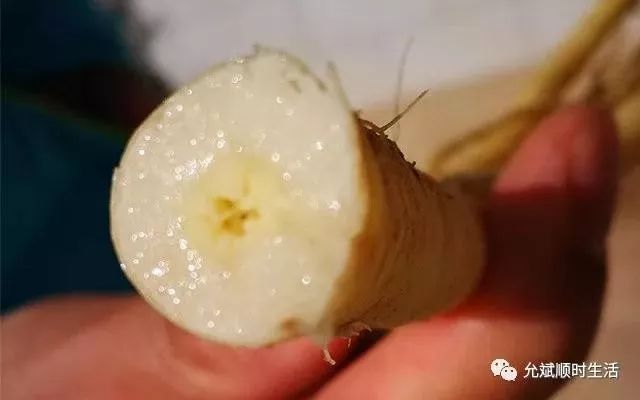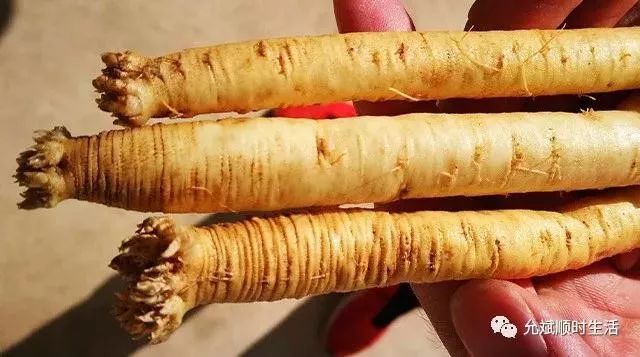Previous Reviews Qi and Blood Nourishing “Little Ginseng”


Codonopsis (Dang Shen) is a common supplement for nourishing Qi and blood.
Main effects: Tonifies Qi, nourishes blood, strengthens the spleen, supplements the lungs, generates fluids, regulates lung deficiency cough and asthma, adjusts blood pressure, lifts spirits, and enhances memory.
Codonopsis possesses effects similar to ginseng, although it is milder in potency. It is often referred to as “Little Ginseng” and is frequently used as a substitute for ginseng.
Modern scientific studies have found that Codonopsis can stimulate the spleen’s vitality, increase hemoglobin and red blood cells, making it commonly used to treat various types of anemia.

Codonopsis has significant medicinal effects while being balanced and moderate.
It tonifies Qi without causing heat, nourishes fluids without generating dampness, nourishes blood without being greasy, strengthens the spleen without causing dryness, and moistens the lungs without being cold. It is suitable for men, women, the elderly, and the young, including children with deficiency.

If white fungus is the moderate herb among yin-nourishing medicines, then Codonopsis is the moderate herb among those named with “ginseng”.
For those with both yin and yang deficiency, who fear cold when taking yin-nourishing herbs and fear heat when taking Qi and yang tonics, both white fungus and Codonopsis are very suitable.
-
If yin deficiency is evident, white fungus can be consumed year-round.
-
If there is significant deficiency of both Qi and blood, Codonopsis can be taken long-term.
The commentary in “Ben Cao Zheng Yi” is excellent, stating that Codonopsis—“is heavier in strength compared to Liao ginseng, yet less inclined towards yin softness; it has a robust flavor like Korean ginseng, but is slightly harsh. It is particularly balanced and harmonious, suitable for nourishing all five organs, and is universally applicable.”This means that while Northeast ginseng (Liao ginseng) and Korean ginseng have powerful effects, one is softer and the other is harsher. Codonopsis is balanced and moderate, nourishing all five organs of the body, making it widely applicable.
Therefore, in all ancient and modern prescriptions that use ginseng, Codonopsis can be used as a substitute. It can also be used for various conditions that require ginseng.
However, it is weaker than ginseng, so larger doses are needed, and it should be taken regularly for optimal effects.



